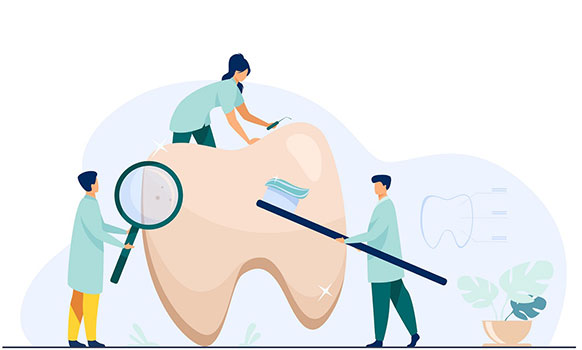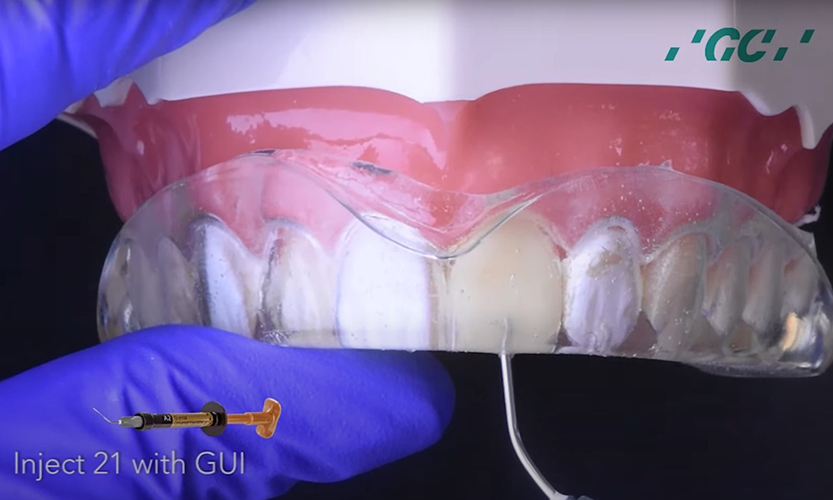St. Lawrence Dentistry is committed to providing you with the latest and most reliable information about dental well-being.
Today, we’d like to focus on a mineral that’s less spoken about but no less important for your oral health: Zinc

What is Zinc?
Zinc is a trace mineral, meaning our bodies need small amounts of it to function optimally. It’s found throughout our bodies and cells and is essential in cell growth and division, wound healing, and breaking down carbohydrates.
How Can You Get Zinc?
While your body doesn’t naturally produce Zinc, it’s readily obtainable in various food sources. Foods rich in Zinc include red meat, poultry, seafood (especially oysters), dairy products, legumes, whole grains, nuts, and seeds like cashews and pumpkin seeds.
Moreover, zinc supplements are also available over the counter, which can help if dietary intake is insufficient. However, consulting with a healthcare professional before starting any supplementation is essential, as excess Zinc can lead to adverse health effects.

Zinc and Dental Health: The Connection
So, how does this essential mineral link to your dental health? Let’s unravel this.
- Fights against tooth decay: There is recognition that Zinc has anti-bacterial properties. It can hinder the growth of bacteria and plaque, which lead to tooth decay. Some mouthwashes and chewing gums contain zinc compounds to augment oral hygiene and fight bad breath.
- Promotes healthy gums: Zinc supports immune function, crucial to fighting off destructive bacteria that can inflame and infect gums. Studies suggest that zinc insufficiency can worsen periodontal disease.
- Aids in wound healing: One of the critical roles of Zinc in our bodies is aiding in wound healing. It becomes particularly significant after dental procedures, such as extractions or oral surgeries, where Zinc can help speed up the healing process.
- Prevents dental calculus: Dental calculus, or tartar, forms when plaque hardens on your teeth. Zinc can inhibit plaque’s mineralization into calculus, promoting overall dental hygiene and health.

To conclude, maintaining optimal Zinc levels is part of a multifaceted approach to dental health. A balanced diet and good oral hygiene are significant to maintaining dental health.
At St. Lawrence Dentistry, we strive to be more than just your dental care providers—we want to be partners in your oral health journey. And part of that journey includes educating our patients about the myriad of factors, like Zinc, that can impact dental health.
If you have questions about dietary choices that affect your oral health or want to discuss your dental health in more detail, don’t hesitate to get in touch. Remember, your smile is our top priority!
- Sleep Dentistry: Enhancing Comfort and Care During Dental Procedures - July 11, 2024
- The Revolutionary Injection Molding Technique for Composite Veneers - June 27, 2024
- Why Are Third Molars Called “Wisdom Teeth”? - June 19, 2024









